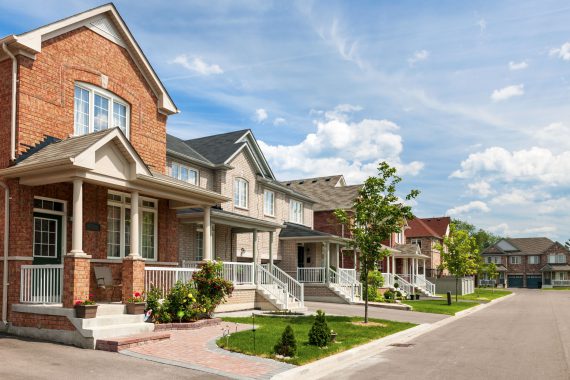Exclusive GPs are missing out on funding to improve their buildings because an NHS England local area team is failing to collect money owed from property developers, GP leaders have claimed.
The NHS England local area team in Leicester has come under fire for not enforcing planning legislation that requires property developers to pay money to public authorities to cover the costs of providing services for a larger population.
GP leaders said that general practices were having to deal with extra pressure from property developments but NHS England were ’failing practices and patients’ by not discharging its responsibilities.
Under the Town and Country Planning Act 1990 (section 106), public bodies are allowed to charge developers for the extra pressure immediately put on local services by a larger population.
The NHS England local area team told Pulse that it claims money from property developers in the ‘majority of cases’.
But Dr Mohammed Saqib Anwar, medical secretary of Leicestershire, Leicester and Rutland LMC, said general practices in his area had not received support from NHS England when property developments were built.
He told Pulse: ‘In our patch we have seen a number of major housing developments occur, but this has not always been followed or supported by S106 funding contributions for health by the property developers. NHS England has a responsibility to practices and patients to ensure this funding is being sought.
‘I am of the view that NHS England has failed to discharge its responsibility in this regard and has failed practices and patients as a result.’
Dr Terri Eynon, a Labour councillor at North West Leicestershire country council who is also a GP, told Pulse that council district planners were ‘tearing their hair out’ trying to make NHS England claim money from developers.
She added that the money should be spent on GP surgeries, as they will need to upgrade services when there is a large influx of patients from newly built developments, which are unlikely to be covered by increases in the patient list.
She told Pulse: ‘It could mean a new consulting room which could make a tangible difference to a small local practice.’
Dr Eynon highlighted one example of a local planning project, which has since fallen through, where NHS England could have claimed £50,000 for healthcare from the proposed development of 50 new houses but in the end did not. But Dr Eynon added that the commissioning system was partly to blame.
She said: ‘In a fragmented public sector it is increasingly difficult… to claim the funds GPs need to service new residents.’
A spokesman for NHS England in Leicestershire said it seeks financial contributions from housing developers, where appropriate, in response to the majority of planning applications.
‘In order to produce successful [section] 106 requests, legal tests must be met and through developing the right processes NHS England has secured significant levels of [section] 106 funding,’ he said.
‘Work continues towards spending the funding in partnership with healthcare commissioners and providers, as directed by the legal agreements to mitigate the impact on healthcare.’
The spokesman said that NHS England is investing in a new surgery in Ashby, Leicestershire to replace the current one.
Pulse July survey
Take our July 2025 survey to potentially win £1.000 worth of tokens












